01/5Coronavirus: Definite signs you need to take a COVID-19 test
)

The fears of the new coronavirus mutation have made us more scared. Considered to be 70% more infectious, fresher cases are fast emerging and making many wonder if they are probably infected- either asymptomatically or symptomatically.
Nonetheless, as they say, early detection is better than later problems. According to experts, here are 4 sure signs when a person should take a COVID test:
02/5If you develop symptoms unusually
)

The most typical signs and symptoms of a COVID-19 infection do not feel any different from what a seasonal chill or polluted weather expose you to. However, following up on your symptom progression and taking neccessary steps will help you take definitive action and protect the ones around you too.
Do remember that a big percentage of COVID cases may be asymptomatic in nature- but you can experience, or transmit symptoms onto others. Expert guidelines recommend that people should be broadly taking care of the following symptoms and getting a test done if:
Please note, the list may not be exhaustive in nature, but these remain to be some of the most common signs of the infection.
-Fever persisting for more than 2 days
-Dry cough/ Congested, runny nose with cough (especially if you haven't been exposed)
-Breathlessness
-Muscle pain/ Acute body pain
-Headache and chills
-Rashes and chilblains
-Sore throat
-Sudden loss of smell and taste
-Vomiting, diarrhoea, fatigue
Apart from this, it is possible that people belonging to higher risk categories or those with pre-existing illnesses may experience flared vital signs, which should be monitored too.
03/5If you come in contact with someone who has tested positive
)

Prevention is better than cure, and that remains to be the followed notion in COVID-19 cases as well. Contact tracing can track cases and help identify, quarantine the vulnerable ones.
CDC guidelines suggest the person who is at risk, or the one who should ideally get tested is a close contact of the infected person- who spends time with the person in close distance, for more than 15 minutes duration, before or after 2 days before incubation.
If you have come in contact, or know of somebody who has recently tested positive for the virus, consider yourself to be at risk too. While the first steps to take would be to self-isolate and alert your immediate members, keep a track of your vitals, and go for testing.
Most doctors recommend that the ideal time for testing, in asymptomatic or symptomatic cases is 5 days after incubation time. Since it won't always be possible for symptoms to show up immediately after contact, self-isolating yourself first is important. Testing done too early may also show up false results.
Do consider getting a test done if you live in shared accommodation and more than one person exhibits symptoms.
04/5If you did take part in high-risk activities
)

This is one precautionary measure to remember during the New Year and holiday time. As safe as it to stay at home if you cannot certainly avoid stepping out, or attending a higher-risk activity (which would see more footfall, such as a wedding, party or a gathering), consider going for COVID testing. This is primarily because COVID-19 is exponentially higher in indoor settings, where lack of social distancing or hygiene protocols may be followed.
Again, as mentioned above, do remember to maintain considerable distance once you come back home and keep a check on your symptoms, as you never know who may be spreading the virus asymptomatically.
Getting antigen tests done, which deliver results faster may also offer some form of surity and safety.
05/5If you have travelled to a contagious place
)

Travelling, is again, a risky activity. Many places require travellers to get a COVID-19 test done before entering or returning to a state. Getting tests done, right now, is also important because of the infectious nature of the new mutation, which first emerged in the UK and soon spread to US, India and more countries- primarily suspected due to travelling.
If you are travelling to a city or region which is a hotbed of infections, do remember that you carry a higher likelihood of infection risk and may put others at risk too. To assure yourself and the ones close to you, a COVID test, preferably a PCR one may settle fears.


































































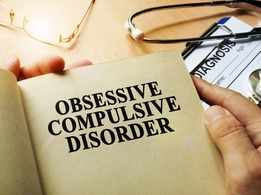
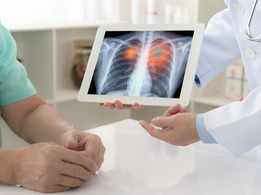
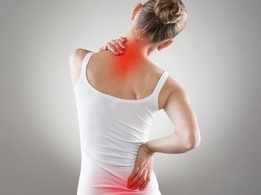
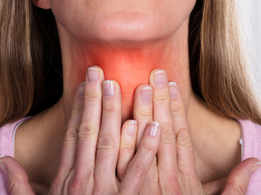
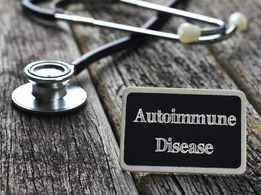



![[New!] Level 4 - 30 minute tempo fat-burning!
[New!] Level 4 - 30 minute tempo fat-burning!](https://static.toiimg.com/thumb/79327298.cms?width=147&height=86)







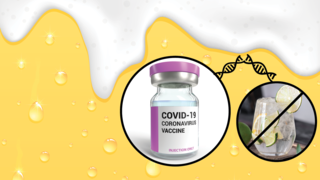



closecomments
SIGN IN WITH
FacebookGoogleEmail